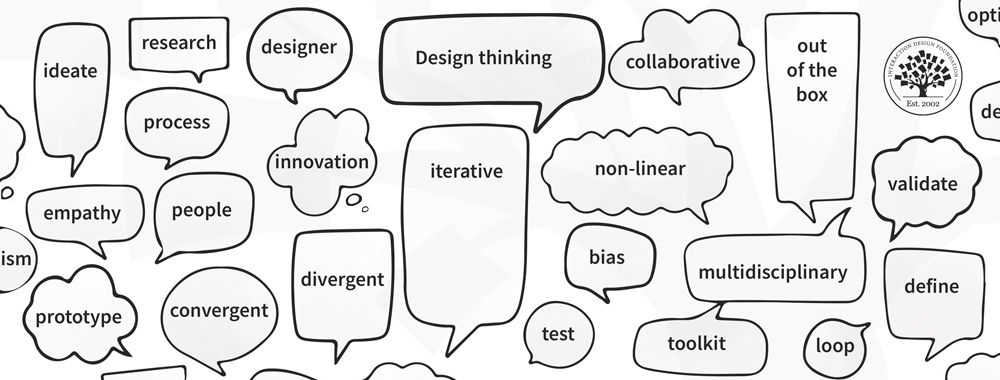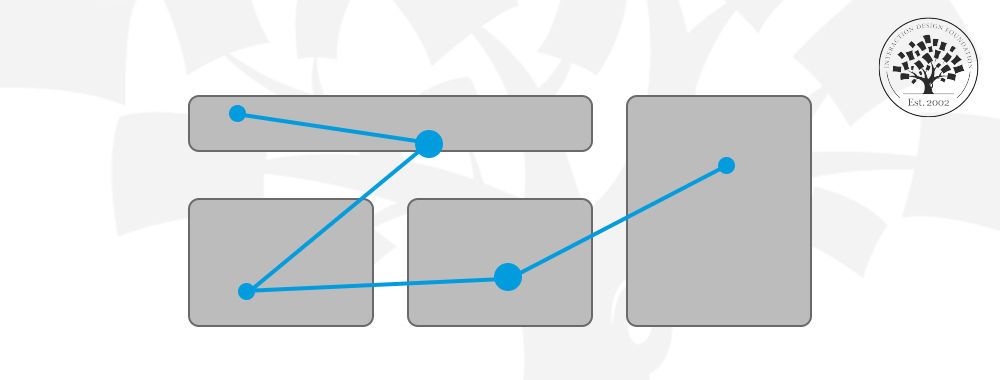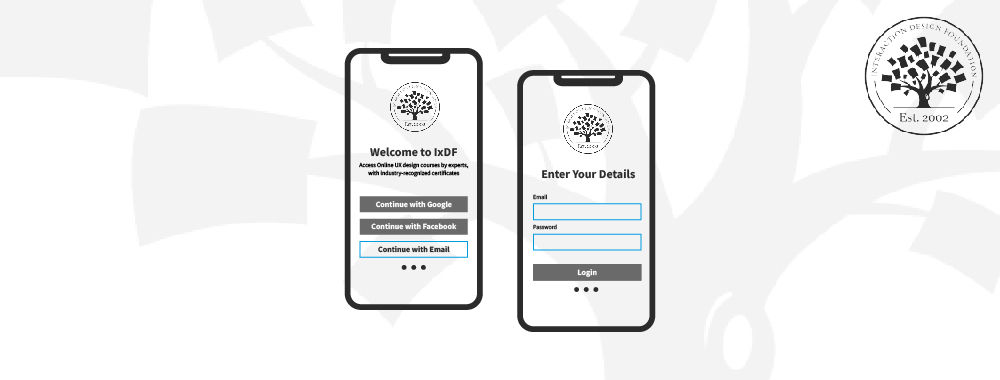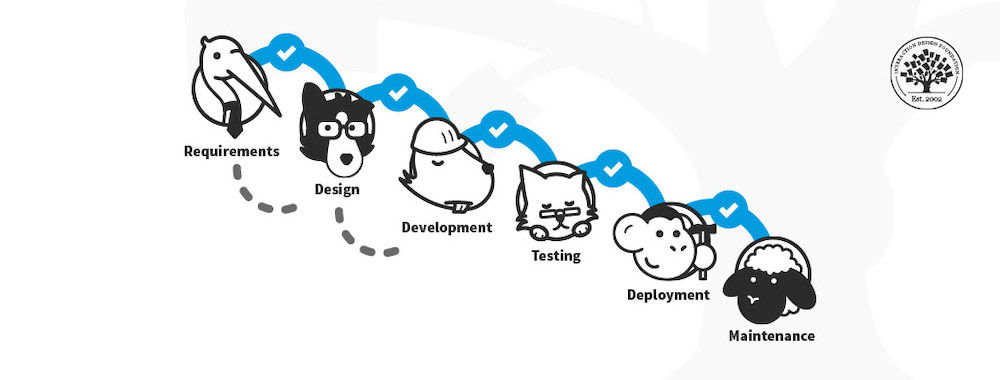We’ve been examining ethics in the context of UX over the last week or so and today, we’re going to look at a few more typical ethical conundrums and what might be done about them. If you’ve missed any of the series; all of it can be found under the UX Daily Tab on our website.
Ethical Numbing
This probably sounds rather more gentle than it is. The concept of ethical numbing relates to the idea that if our ethical concerns are ignored or supressed on a repeated basis over time; we eventually lose sensitivity to ethics.
Unfortunately, ethical numbing tends to take place in workplaces that are ethically devoid. Where commercial concerns always dominate the agenda and where every unethical action can somehow be justified by those with authority. There’s not a lot the UX designer can do about this ethical conundrum but we’d recommend that they begin by looking for another job with a stronger ethical environment.

You don’t have to work in this kind of environment, unless you choose to do so. In which case, this series probably hasn’t been much use to you.
Hopes and Fears
We can persuaded to put our ethical considerations to one side if we hope that the outcome will justify the means or if we fear that failure to attain the outcome will have negative consequences for ourselves.
For example, you know that to do some user research properly you need to spend some time preparing the users, developing adequate research methodologies, recruiting for those tests and then conducting them and finally taking the time to analyse the results. You also know that to do this properly you’re going to need a month to deliver the research in full.

Your boss then tells you that if the research isn’t delivered within 2 weeks; they’re going to be looking for a more competent UX researcher to take your place. The fear of losing our job is a strong fear. If we know we can’t do the job properly in 2 weeks but that if we don’t do it – we’ll lose our own job…. then we are much more likely to cut corners and to deliver what people want to see (even if it’s not very robust).
The Desired Outcome
We tend to believe we always act ethically, yet when the chips are down we can neglect our ethical concerns in favour of achieving a specific objective. We may not even rationalize that we’re doing this. It’s common for sales people to find themselves close to a sale and to sacrifice the truth about delivery dates or post-sale service in order to win the business.

They don’t do this because they’re intrinsically bad people, they do it because they’re human and sometimes the desire to achieve something simply overrides our better impulses.
Image Source:
Re-Create Your Life (link to image)
UX Matters (link to image)
s3corp (link to image)
Chattanooga Times Free Press (link to image)











